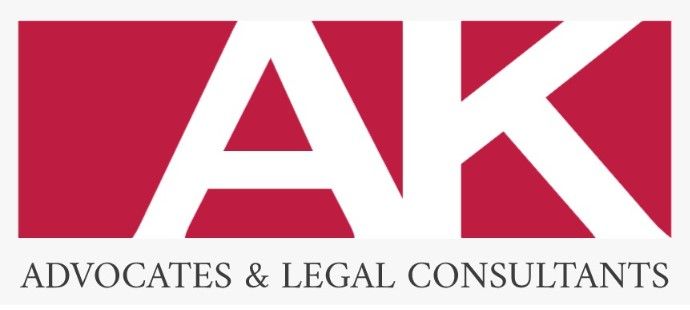Whose trade mark is this?
In the past few days we have been informed in the Globes newspaper about another dispute over the subject of a trade mark, this time between the Angel Bakery in Jerusalem and the Engel bakery Pastry Products, recently decided by the Deputy Registrar of Patents and Trademarks, to win the Angel Bakery. Angel Bakery in Jerusalem, which was established in the 1920s, claimed that Engel's bakery uses a similar name to mislead the trademark.
Angel vs. Engel: The two old bakeries went into a fierce battle for the name
The Angel Bakery in Jerusalem asked Engel to stop using the name Engel and filed applications for its products under its trademark name. Engel applied to remain in its original name. The Patent Office ruled in favor of Angel: "succeeded in introducing the Angel brand to consumers' minds"
So what is a trademark, how do you record signals what is trademark infringement and how do we know whether there is a misleading similarity between trademarks?
What is a trade mark?
One of the goals of every business owner is to differentiate between the business he owns and competing businesses and to emphasize the differences between them.
One of the most effective ways to do this is by registering a unique trademark to mark products or services (called "service mark") that the business manufactures or trades in order to serve as a business identifier for the company's products.
A trade mark is defined in the Trade Marks Ordinance (New Version) 5732-1972 as letters, numbers, words, figures or other signs, or the combination thereof, in two or three dimensions, ie, a trademark of a business, A product or service, a password, graphics attached to the logo, the name of the business itself, the name of the important service, and so on.
Trademark registration can allow businesses and companies legal protection for the many investments that have invested in marketing and building reputation and is of great importance in building the marketing strategy of every business, from companies such as Coca-Cola to small businesses such as individual designers, stores, technological entrepreneurs and the like.
Where do you register a trademark?
In order to benefit from the protection of the Trademark Ordinance, the mark must be registered with the Israeli Trademark Registrar or any other country in which you intend to act in a business manner.
What is the duration of trademark protection?
The duration of trademark protection is not limited in time, and as long as the appropriate fee is paid on time, it will be possible to continue registering the trademark and to maintain the protection that you will receive from aggressive competitors. Pay attention to the registration periods of the mark, which are 10 years to begin with and then every 14 years.
What is trademark infringement?
Since the trade mark confers on its owner a unique right to use the trademark accompanying the relevant products or services, any entity that uses the trade mark or a similar mark (to the point of misleading) without obtaining the consent of the owner of the mark in advance will commit the trademark infringement. Violation of such a trademark confers on the trademark owner the right of claim, and even the demand for injunction and compensation, from the infringer, so that when there is doubt, caution should be exercised and consulted before action is taken.
So how do we know whether there is a misleading resemblance between trademarks?
Israeli case law defined three main criteria for determining whether there is a misleading resemblance:
· The mirror and sound test (which is the most important one): The court observes and compares the appearance and sound (sound) of the two trademarks in their entirety, while ignoring small point differences. It is important to emphasize that "cosmetic" changes in trademarks will not usually suffice to determine that this is not a misleading imagination.
· Test of the type of goods and the circle of customers: This test deals with the effect of the type of products relevant to the danger of deception. In addition, the court will examine whether the products appeal to the same customer group, whether they are professional customers or casual customers, and how customers' identity affects the risk of deception.
· The test of the other circumstances of the case: As its name suggests, this is a "basket" test that allows the court to adapt the circumstances of the case to its decision. The Common Sense Test is one of the tools used in this test.


